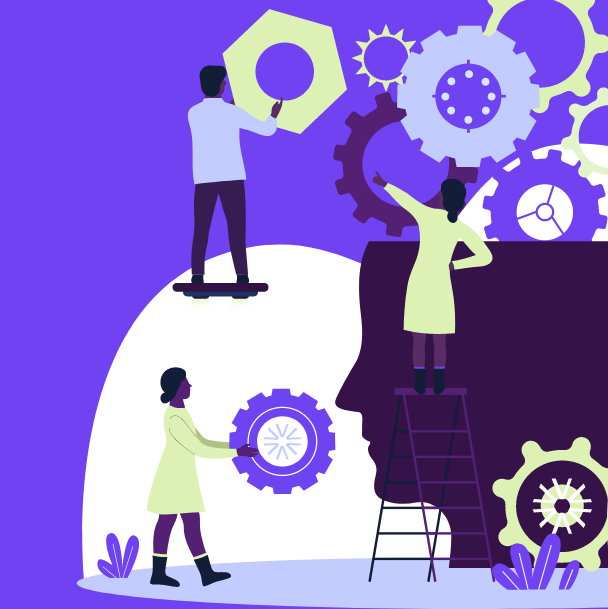Harnessing the power of community in Chelsea, Massachusetts
In March 2021, the American Rescue Plan Act (ARPA) offered crucial support to communities nationwide as they grappled with the far-reaching impacts of the COVID-19 pandemic. This monumental $19 trillion initiative provided funds directly to state, local, territorial, and tribal governments to address their communities’ specific challenges.
One such community is Chelsea, Massachusetts. Profoundly impacted by the pandemic, Chelsea, known as the “epicenter” of COVID-19 in Massachusetts, saw its residents—particularly essential workers and their families—bear the brunt of the virus. Chelsea’s tight-knit community, dense urban environment, and vibrant diversity served as both strengths and vulnerabilities during these challenging times.
In response, Chelsea made an intentional choice to channel $15 million of their $40 million ARPA allocation into a Community Fund dedicated to supporting initiatives and priorities identified by the community itself. Chelsea’s story stands as a testament to the transformative power of equitable community engagement, illustrating how intentional, collaborative efforts can forge a path toward a more resilient and equitable future.
Why the playbook?
This playbook is a collection of insights, strategies, and real-world examples drawn from ARPA experiences across Massachusetts, as observed by Health Resources in Action (HRiA)1. HRiA facilitated some of these strategies in partnership with local governments, community-based organizations, and advocates. Designed to inspire and offer decision-makers practical tools to maximize community engagement, this playbook aims to transform population health and opportunity. Stories like Chelsea’s demonstrate that communities, when engaged and heard, can thrive even in the most challenging of circumstances.
Who is this playbook for?
This resource caters to a diverse range of audiences, but is specifically tailored for community organizations, advocates, and governmental institutions working in a collaborative space to advance equitable community engagement in their policies, practices, and decision-making processes.

